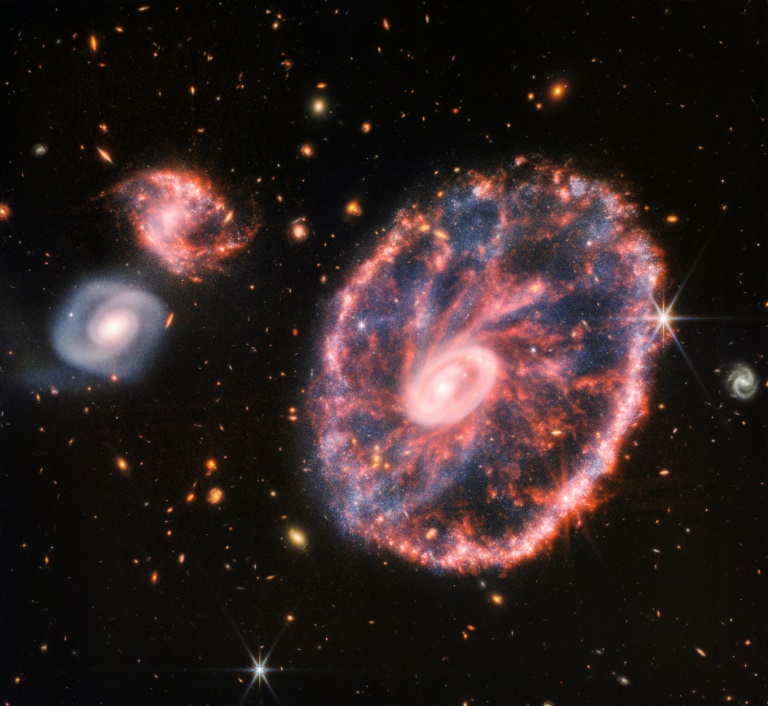Astronomers have detected what is described as the oldest ‘dead’ galaxy yet observed. University of Cambridge astronomers have located a galaxy that suddenly stopped forming new stars more than 13 billion years ago.
This has been assessed by drawing on data from the James Webb Space Telescope (JWST Advanced Deep Extragalactic Survey),. The galaxy arises from a time when the universe was just 700 million years old. This makes it the oldest such galaxy ever observed.
This galaxy appears to have lived fast and died young: star formation happened quickly and stopped relatively quickly.
It remains unclear whether this galaxy’s ‘quenched’ state is temporary or permanent, and what caused it to stop forming new stars. Nonetheless, the discovery should, in time, help astronomers understand how and why galaxies stop forming new stars, and whether the factors affecting star formation have changed over billions of years.
Generally, events, like star formation, appeared to have happened faster and more dramatically in the early universe.
The newly discovered galaxy experienced a short and intense period of star formation over a period between 30 and 90 million years. Then, between 10 and 20 million years before the point in time where it was observed with Webb, star formation suddenly stopped.

According to lead researcher Tobias Looser: “The first few hundred million years of the universe was a very active phase, with lots of gas clouds collapsing to form new stars.”
He adds: “Galaxies need a rich supply of gas to form new stars, and the early universe was like an all-you-can-eat buffet.”
Astronomers theorise that a star formation can be slowed or stopped by different factors, each of which will starve a galaxy of the gas it needs to form new stars. Internal factors, such as a supermassive black hole or feedback from star formation, can push gas out of the galaxy, causing star formation to stop rapidly.
An alternative explanation is that gas can be consumed very quickly by star formation, without being promptly replenished by fresh gas from the surroundings of the galaxy, resulting in galaxy starvation.
Or it may be that models based on the modern universe may need to be revisited.
Another interesting observation is that the new galaxy is also relatively low mass — about the same as the Small Magellanic Cloud (SMC), a dwarf galaxy near the Milky Way,.
The research appears in the science journal Nature, titled “A recently quenched galaxy 700 million years after the Big Bang.”














